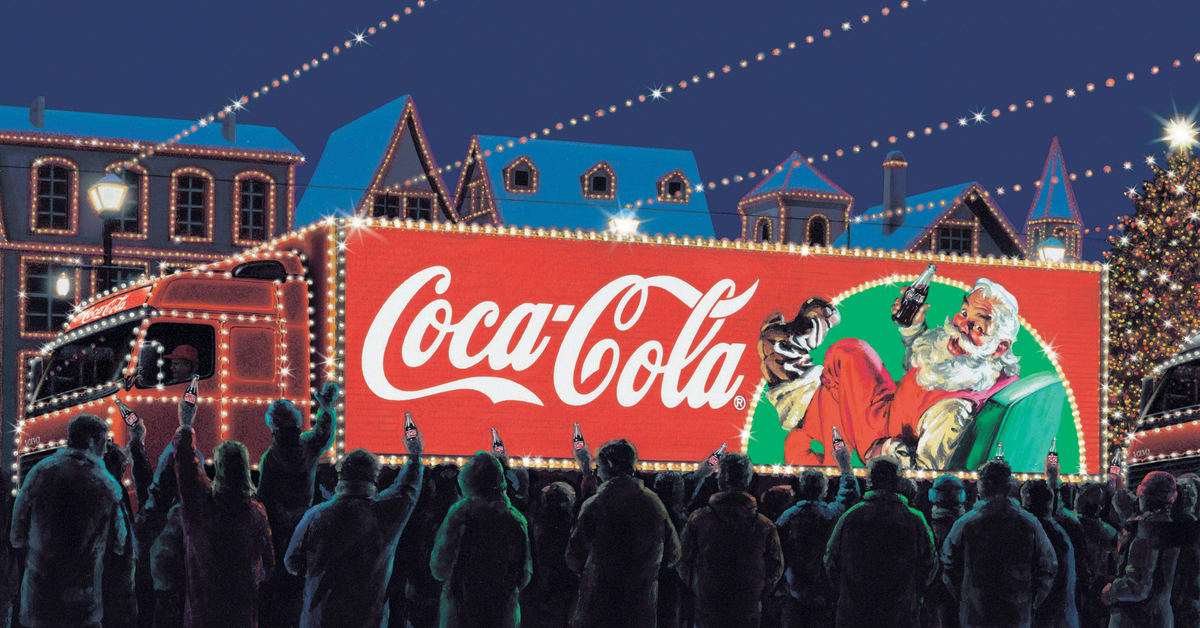The firestorm kindled by radio host Rush Limbaugh’s crass remarks about Georgetown University law student Sandra Fluke has reignited the debate about civility in public discourse that flares up every time there is yet another breach of propriety. But this time, the debate implicates brands, too, raising a complicated and delicate question for brand marketers. Simply put, to what extent if any are brands responsible for policing public discourse?
As of this writing, almost four dozen advertisers have dropped Limbaugh’s radio show, including several big advertisers like LegalZoom, Sleep Train, Sleep Number, Quicken Loans, Citrix, ProFlowers and Carbonite. At least for Carbonite, policing public discourse was a key consideration. As the Carbonite CEO put it in his much-quoted Facebook message, “We hope that our action, along with the other advertisers who have already withdrawn their ads, will ultimately contribute to a more civilized public discourse.”
This is nothing new. Brands have always policed public discourse. Advertisers have long been averse to anything unseemly or offensive. Brand marketers want to inspire not inflame, so, exceptions notwithstanding, they have always been skittish about vulgar, racy or extreme content. Media content today – not to mention popular culture – is much more raw than it used to be but advertisers still take care not to strike a raw nerve.
Some critics worry that advertiser aversion to edgy content has had a homogenizing effect on media content, and, hence, on culture at large, too. Such critiques often go too far because they overestimate the impact of any single factor in the complex media ecosystem. Nevertheless, there is a measure of truth to what such critics say because without advertising support, content never reaches an audience.
Advertisers are the keystone of content, something that matters more than ever. The CEO and editor at large of Foreign Policy, David Rothkopf, just published Power, Inc. in which he argues that the dynamic shaping the 21st century will be a competition between business and government (whereas in the 20th century the overarching dynamic was a battle between capitalism and communism). Rothkopf’s thesis rests on a simple observation. On nearly every measure of power and influence, business dwarfs government. The upshot is that business now has a lot more weight to throw around, thus usurping many traditional roles and domains of government. In Rothkopf’s words, “Most countries have had so many of their sovereign prerogatives stripped away or diminished that their real authority is not what it once was.”
Whatever sway advertisers may have had on public discourse in the past, it will be even more important in the future, if Rothkopf is right. Indeed, it won’t be just a responsibility to brands; it will be a responsibility to society at large. If government is so weakened that only brand marketers have the power to, say, police public discourse, then, like it or not, brands will have no choice but to do so. Nobel Prize-winning economist Milton Friedman famously argued in a 1970 essay in The New York Times Magazine that the only social responsibility of business is to increase its profits. That made more sense in an era when government played a complementary role to business. It makes less sense in an era when government plays a secondary role to business.
Of course, as The New York Times noted in its coverage of the Limbaugh furor, “efforts at ad boycotts in the past have had no measurable effect.” In a recent BSI post, I made this same point about online consumer activism. But consumer pressure is not the point. Rather, the point here is one about the responsibility now being thrust upon advertisers to wield their economic clout for the great good, whether or not consumers demand it. This is new territory. But with a future looming in which brands alone will have the power to shape societal outcomes, brand marketers must measure up to social not just financial metrics and manage their brands from a governance not just a bottom-line perspective. Civil public discourse is one of the imperatives now facing brands as marketing and politics come together more and more.
The Blake Project Can Help: The Strategic Brand Storytelling Workshop
Branding Strategy Insider is a service of The Blake Project: A strategic brand consultancy specializing in Brand Research, Brand Strategy, Brand Growth and Brand Education




